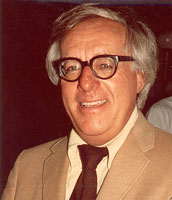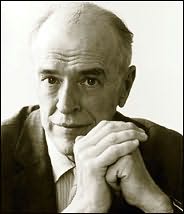
Charles N. Billington
Born: 1948 in Evanston, Illinois
Pen Name: None Connection to Illinois: Billington was born and raised in Evanston. He now lives in the northern suburbs. Biography: Charles N. Billington is a rehabilitation administrator and sports historian with longtime interests in 20th-century baseball and football. After graduating from St. Olaf College, he received his master's degree from the University of Illinois in Chicago. A three-sport athlete in high school who played baseball at the collegiate level, he combined his background in sports and his interest in history to chronicle legendary teams of Chicago.
Awards:
Selected Titles
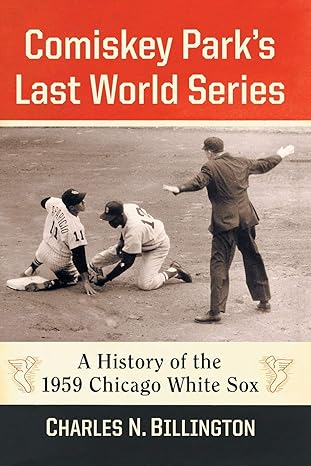 |
Comiskey Park's Last World Series: A History of the 1959 Chicago White Sox ISBN: 1476676852 OCLC: McFarland 2019 Charter members of the American League and the country's last "neighborhood" pro baseball franchise, the White Sox are one of the few teams of the power hitting-focused modern era to win a pennant with speed, pitching and defense. Covering the 1959 White Sox from a range of perspectives, the author examines the club's historical importance to Chicago and the significance of the '59 "South Side Series"--the first in 40 years. Many behind-the-scenes details are discussed, from the refined media markets of Golden Age baseball to the team's ancillary sources of revenue to the bitter legal feud between Charles Comiskey and Bill Veeck. |
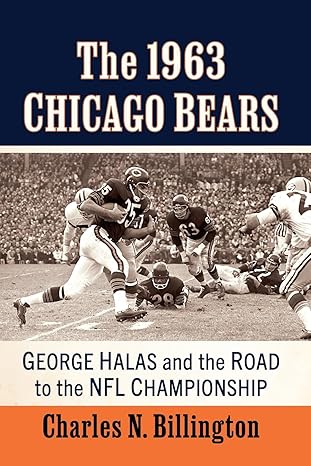 |
The 1963 Chicago Bears: George Halas and the Road to the NFL Championship ISBN: 147669043X OCLC: McFarland 2023 This thorough examination of the 1963 NFL Championship chronicles the trials and triumphs of Chicago's historically most neglected champions against the economic, social, legal and human-interest backdrop of professional football in the 1960s. The Bears and their legendary owner/coach George Halas adjusted to the increased revenue of the television era and the behind-the-scenes drama of a gambling scandal, while developing into one of the greatest teams of the pre-Super Bowl era. Their tumultuous rise and tragic deterioration are covered in detail. |
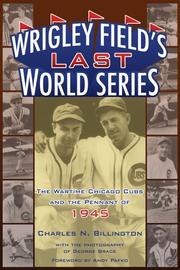 |
Wrigley Field's last World Series : ISBN: 1893121453 OCLC: 57541780 Lake Claremont Press, Chicago : 2005. I don't care who wins, as long as it's the Cubs!—legendary announcer, Bert Wilson, WIND On the eve of World War II, baseball truly was America's national pastime. Little could anyone predict the changes and sacrifices that would be imposed on the sport during the early 1940s. As the war was coming to an end in 1945 and a jubilant mood was overtaking the country, baseball was back in full swing and the Chicago Cubs were on top of their game. How did the Cubs clinch the pennant in 1945 and go to the World Series? Simply, they fielded, hit, and pitched better than any other team in the league. How did they then lose the championship to the Detroit Tigers, a team with one of the most mediocre records in pennant history? And why haven't they been back since? One thing is clear: 1945, the last time the Cubs went to the World Series, was a turning point in the team's fortune. For in the first half of the twentieth century, few teams were as good as Chicago; in the second half, few teams were as bad. Between 1900 and 1945 the Chicago Cubs won the National League pennant ten times and had more first division finishes than any other team in the league and only one last-place finish. Between 1946 and 1990, the Chicago Cubs finished in the National League basement nine times, and went 20 consecutive seasons in the second division between 1947 and 1966. Charles N. Billington's fast-paced narrative of this historic season includes an inning-by-inning account of critical games, highlights of winning streaks and road trips, and a discussion of how and why the team ultimately unravels. Incorporating statistical analysis, descriptions of key teams, and player biographies, Billington paints an evolving and exciting portrait of the 1945 Cubs and the wider national baseball scene of a war-torn era. |


